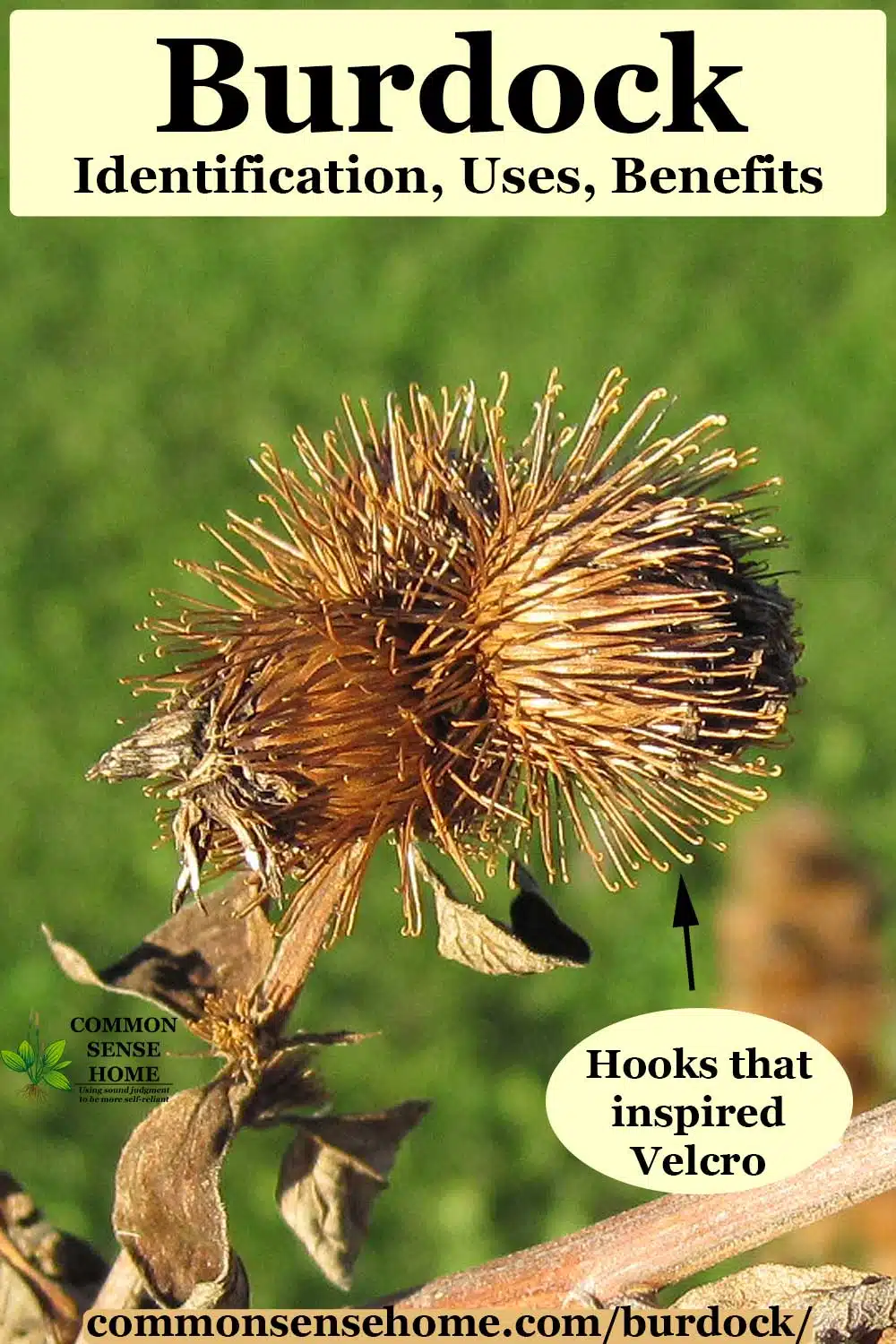Lab 2 Journal Entry: Phylogeny Placement and Adaptation —Shirley Li
- Garlic mustard, or Alliaria petiolata, is a biennial flowering plant in the mustard family. It belongs to Domain Eukaryote, Kingdom Plantae, Phylum Vascular Plant, Class Dicotyledons, Order Mustards and Allies, Family Brassicaceae, Genus Alliaria, Species A. Petiolata.
-
Bush is defined as a low densely branched shrub. It is obvious that all observed species we collected grow very shallow roots compared with other plants nearby, in this way, they can take advantage of rain and also rely on a long tap root to reach down to water stored in the ground. And being close to the ground can avoid freezing as well. Moreover, i found that they always grow in clumps to protect one another from the wind and low temperatures.
Take Garlic Mustard as an example:
-
Burdock has a really unique look, which is globe-shaped and thistle-like. Their hooked tips are an adaptation for SEED DISPERSAL, when animals passing by, the hooked tips can easily stick on their body by grasping onto their fur, so that the seeds can be taken to different new places then fall on the ground to expand its territories.
The image of Burdock:







Comments
Add a Comment